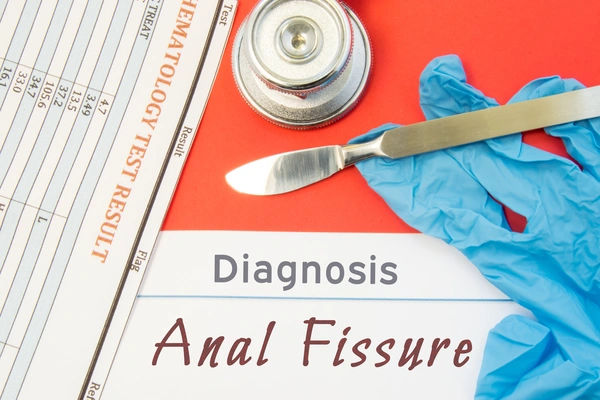- Male
- 24 Years
- 29/01/2025
I'm experiencing vomiting every 34 days when I brush my teeth. This has been happening for about 34 weeks now. At first, the vomit was yellow, and I assumed it might be related to a bile digestion issue, so I didn't see a doctor. However, more recently, it's been coming out white with a really strong sour taste. Is this something common with bile problems, or could it be something else?
More Gastroenterology/GI medicine Health Queries
View allI'm experiencing a rumbling noise in my upper abdomen for the past three days, and it's happening whether I eat or not. But my bowel movements are normal, just once a day without any loose motion. It's starting to worry me a bit. Could this be something to be concerned about?
yes
Answered by 1 Apollo Doctors
I've had a moderate hiatus hernia for a few years and take a tablet every morning for acidity. I've been on these meds for three years now and worry about long-term side effects. Is there a good alternative to Sompraz L that's safer for daily use? I don't want surgery since multiple endoscopies and doctors say it's not needed yet, but I'm concerned about how these meds might affect my health over time. Any suggestions for a safer long-term option?
For long-term management of hiatal hernia-related acidity, a safer alternative to Sompraz L could be a combination of lifestyle changes, H2 receptor blockers, or even trying shorter courses of PPIs with breaks to monitor symptom recurrence. It's crucial to discuss these options with your doctor to determine the best approach for your specific situation
Answered by 1 Apollo Doctors
I'm having some discomfort right at the opening of my anus, but there's no blood in my stools. I am also experiencing loose motions. Can you help me understand what's going on?
I'm sorry to hear about your discomfort. Pain in the anal area without bleeding, especially with loose motions, could be due to irritation, an anal fissure, or infection. Keep the area clean, stay hydrated, and consider taking a mild stool binder like ORS with electrolytes. If the pain persists or worsens, please consult a doctor for a proper examination.
Answered by 1 Apollo Doctors
Disclaimer: Answers on Apollo 247 are not intended to replace your doctor advice. Always seek help of a professional doctor in case of an medical emergency or ailment.






